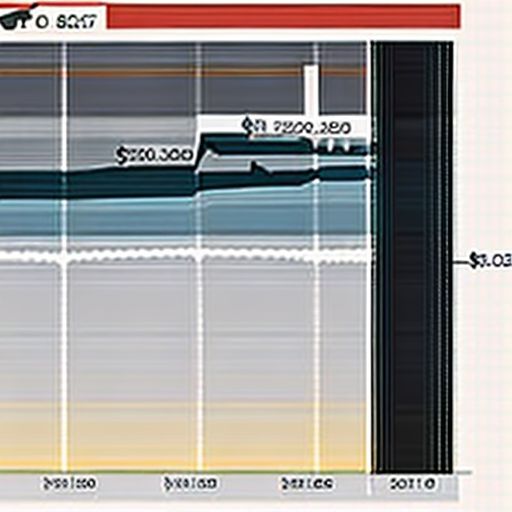The healthcare industry is booming, with an ever-increasing demand for skilled professionals. At the forefront of this growth is a need for compassionate and capable leaders. If you’re driven by a desire to make a real difference in people’s lives and have a knack for leadership, a Master Of Science In Healthcare Administration (MSHA) might be your calling. But what exactly does this degree entail, and how can it propel your career in healthcare management?
Understanding the Master Of Science In Healthcare Administration
An MSHA goes beyond the clinical aspects of healthcare. It equips you with the business acumen and specialized knowledge to excel in managing healthcare systems, hospitals, or departments. This comprehensive program delves into finance, policy analysis, human resources, ethics, and healthcare law, preparing you to tackle the complex challenges of today’s healthcare landscape.
Why is an MSHA Important?
Meeting the Growing Need for Healthcare Leaders
The healthcare industry is constantly evolving, with technology advancements, changing regulations, and an aging population. This complexity calls for skilled leaders who can navigate these challenges while prioritizing patient care and organizational success. An MSHA provides the necessary skills and knowledge to lead effectively in this dynamic environment.
Career Advancement Opportunities
An MSHA can be your ticket to a rewarding and impactful career. This degree opens doors to leadership positions in various healthcare settings, such as:
- Hospital Administrator
- Healthcare Executive
- Clinical Manager
- Health Informatics Director
- Pharmaceutical Project Manager
Enhancing Your Earning Potential
With increased responsibility comes increased earning potential. MSHA graduates are highly sought after and often command higher salaries compared to those with only a bachelor’s degree.
Common Questions About MSHA Programs
Prospective students often have many questions about MSHA programs. Let’s address some of the most frequent queries:
1. What are the admission requirements for an MSHA program?
Most programs require a bachelor’s degree, preferably in a related field like healthcare administration, business, or biology. You’ll also likely need to submit GRE or GMAT scores, letters of recommendation, and a personal statement highlighting your passion for healthcare leadership.
2. How long does it take to complete an MSHA program?
The duration can vary depending on the program structure and whether you choose a full-time or part-time option. Generally, you can expect to spend around two years completing an MSHA.
3. Are there online MSHA programs available?
Yes, many universities now offer online or hybrid MSHA programs, providing flexibility for working professionals.
4. What are the key skills I’ll gain from an MSHA program?
You’ll graduate with a robust skillset, including:
- Strategic planning and decision-making
- Financial management in healthcare
- Human resource management
- Healthcare policy analysis
- Quality improvement and patient safety
- Leadership and communication
healthcare.xephucloi.vn/wp-content/uploads/2024/07/healthcare-administrator-66964b.jpg" alt="Healthcare Administrator" width="512" height="512">Healthcare Administrator
The Value of Related Keywords
When researching MSHA programs, you’ll likely come across related keywords like:
- Health Services Administration: Often used interchangeably with Healthcare Administration, focusing on managing healthcare services and delivery.
- Public Health Administration: This specialization emphasizes public health initiatives, policy development, and community health programs.
- Hospital Administration: This area focuses specifically on managing hospital operations, finances, and patient care.
Understanding these related keywords can help you refine your search and find programs that align with your specific career goals within healthcare leadership.
Conclusion
A Master of Science in Healthcare Administration is a significant investment in your future, equipping you with the tools and knowledge to excel in the dynamic world of healthcare leadership. If you are passionate about making a real difference in people’s lives and eager to tackle the challenges and rewards of healthcare management, an MSHA might be the perfect next step in your journey.
Do you have any further questions about pursuing a career in healthcare administration? Share your thoughts and comments below!



